YOUR BROWSER IS OUT-OF-DATE.
We have detected that you are using an outdated browser. Our service may not work properly for you. We recommend upgrading or switching to another browser.
List of confirmed keynote speakers:
1.Prof. Grzegorz Glinka, University of Waterloo, Canada ![]()
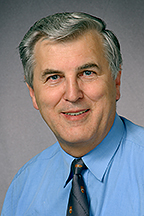
Grzegorz (Gregory) Glinka is a Professor in the Department of Mechanical and Mechatronics Engineering at the University of Waterloo. He specializes in fracture and fatigue of steel structures and mechanical engineering machinery, and has also acted as a United Nations expert. Professor Glinka’s research interests include fracture of materials, fatigue of structures, multiaxial fatigue and creep of engineering materials, computer aided design, FEM-elastic-plastic stress-strain analysis and reliability. He is also interested in weight functions and structural modeling for stress intensity factors. Professor Glinka’s recent research activities include the modelling of fatigue crack growth under random loading and fatigue optimization of welded structures. He has published over 160 related articles in technical journals and textbooks and also teaches several upper year Mechanical and Mechatronics engineering courses at the university.
2. Prof. Mario Guagliano - Politecnico di Milano, Italy ![]()
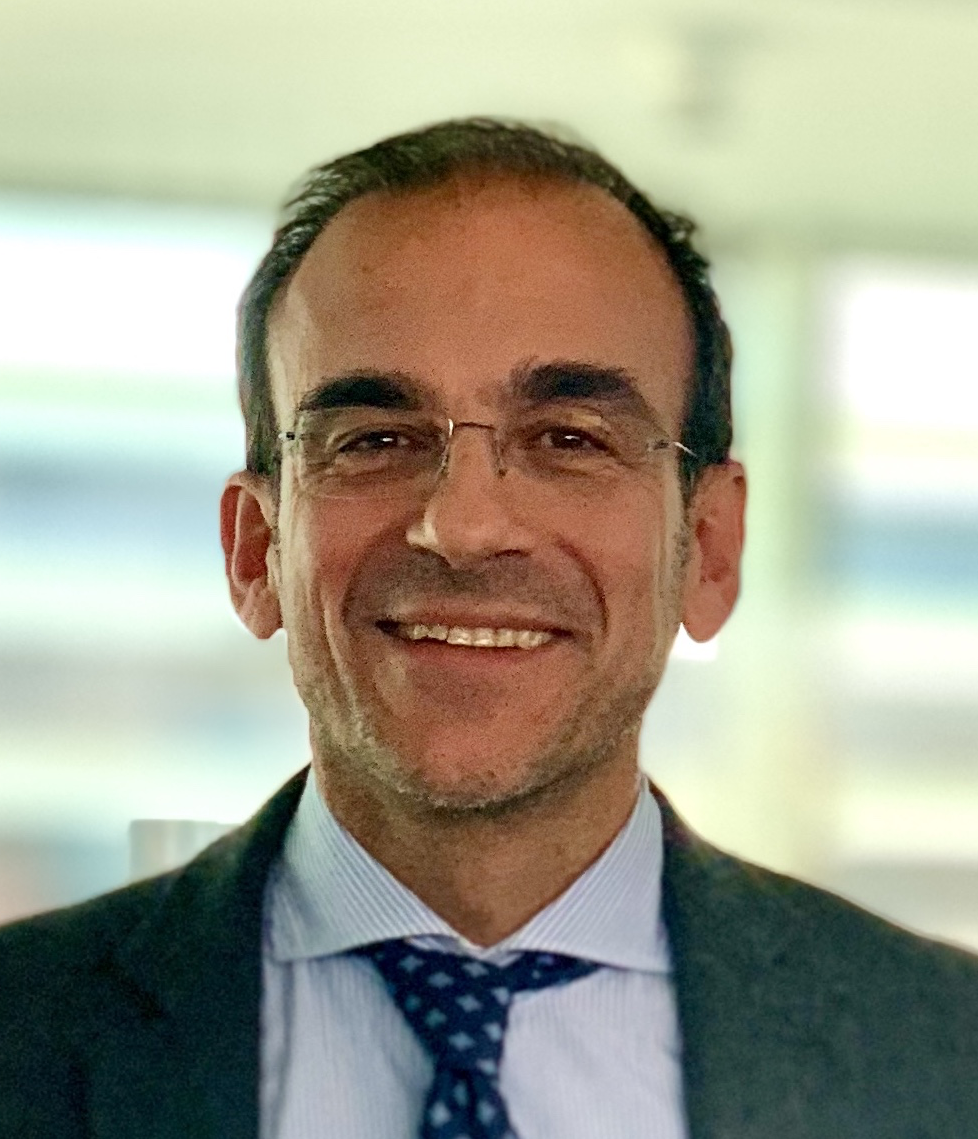
Mario Guagliano is full professor at the Department of Mechanical Engineering, Politecnico di Milano, Milan, Italy. He has been working for more than 25 years in research related to mechanical surface treatments and processes to improve the mechanical properties of materials and structural components. In particular, his interest is mainly about shot peening and cold spray and their effects on the fatigue behavior of the processed materials and parts. Mario Guagliano has been awarded honorary doctor by the University of Zilina (SK), He is coordinator of two EC FP7 and H2020 research projects and of many national projects, responsible of several contractual research with private and public enterprises. Chairman, co-chairman, member of the scientific committee and invited as plenary speaker in international conferences. He is member of the International Scientific Committee on Shot Peening and of the Board of Directors of the EASN (European Aeronautic Science Network). He is associate editor of the International Journal of Mechanics and Materials in Design, member of the Editorial Board of Surface and Coatings Technology and other international journals, reviewer of H2020 proposals and author or co-author of more than 150 papers in international journals, and more than 200 presentations at international conferences.
3. Prof. Hryhoriy Nykyforchyn, Karpenko Physico-Mechanical Institute of NAS, Lviv, Ukraine ![]()
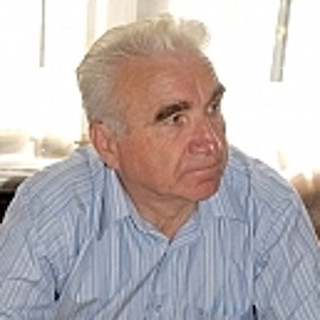
Prof. Hryhoriy Nykyforchyn, obtained Ph.D. in Mechanics of deformed solids and Fracture mechanics, 1977; D.Sc. in Mechanics of deformed solids & Chemical resistance of materials and corrosion protection, 1989; Professor in Chemical resistance of materials and corrosion protection, 1993; Head of ESIS TC10 Subcommittee “Hydrogen Degradation” (from 2002); Head of the Ukrainian National Group of ESIS (from 2019). Awarded by Karpenko Prize of the Academy of Sciences of Ukraine Presidium (1988); State Prize of Ukraine in Science and Technology (1995); Award of the ESIS Fellowship (2012). Prof. Nykyforchyn is an author of more than 430 scientific contributions in international journals and conference proceedings (182 indexed in Scopus), including 8 books and 40 patents. h-index: 20 (Scopus). Prof. Nykyforchyn is supervisor of 5 D.Sc. and 20 Ph.D. theses.
4. Prof. Abilio M.P. De Jesus, University of Porto, Portugal
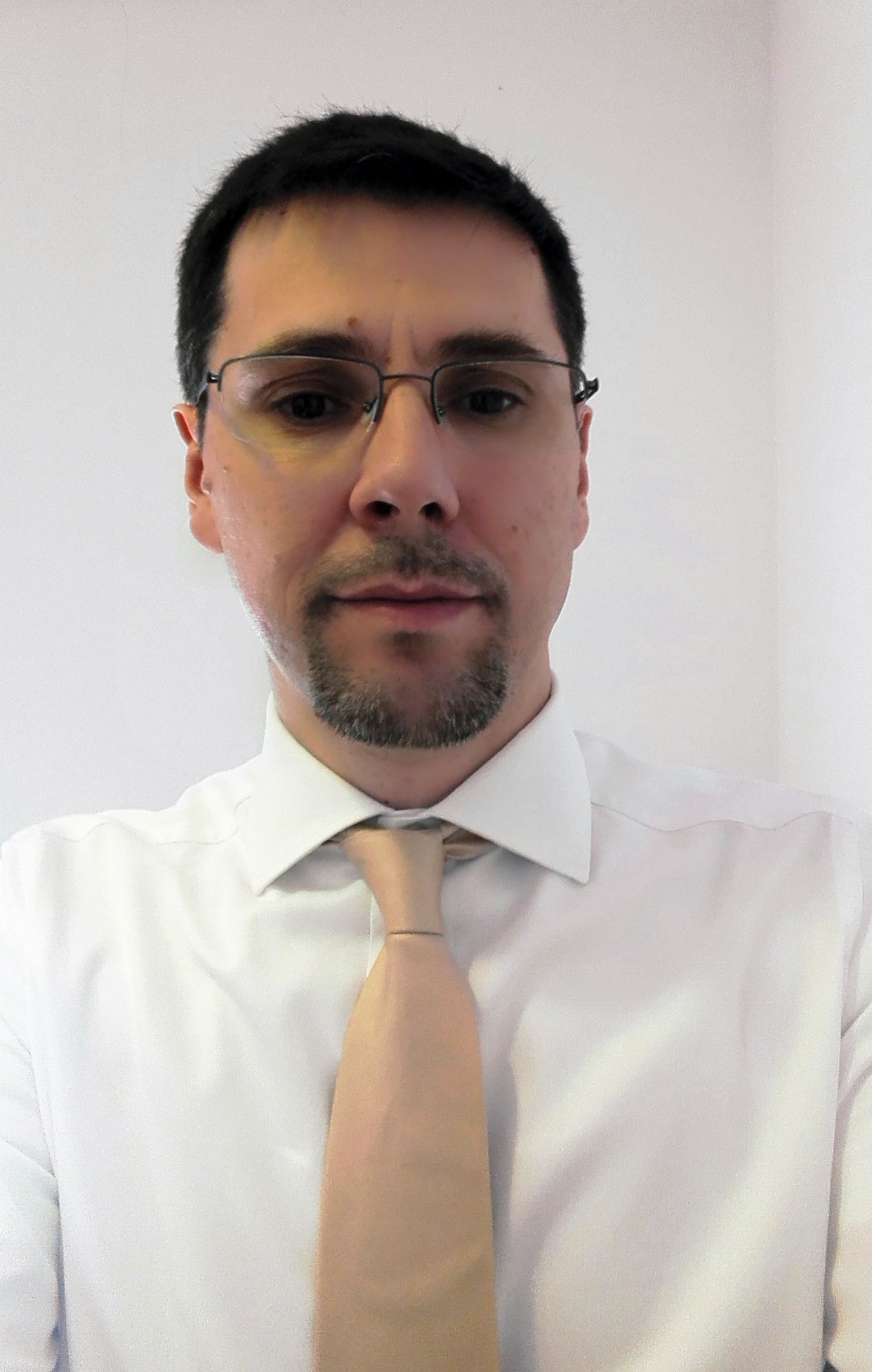
Abílio M.P. de Jesus is Associate Professor at the Section of Materials and Manufacturing Processes of the Department of Mechanical Engineering, Faculty of Engineering, University of Porto. He obtained a 5-years Mechanical Engineering Degree (1996) and 2-years MSc Degree (1999) in Mechanical Engineering, Structural Integrity by the University of Porto and the PhD Degree in Mechanical Engineering by the University of Trás-os-Montes e Alto Douro (Vila Real, Portugal) in 2004. He is also a researcher at the Institute of Science and Innovation in Mechanical and Industrial Engineering (INEGI) in its unit on Advanced Manufacturing and is integrated into the Associated Laboratory for Energy, Transports and Aeronautics (LAETA), being (co)responsible for the LAETA Thematic Line on Advanced Production. With almost 25 years’ academic career, he has been mostly focused on topics of Fatigue and Fracture of Materials and their relation with Structural Integrity. More recently, manufacturing processes (additive, subtractive) and their relation with fatigue, fracture and structural integrity has deserved major interest. The research has resulted in 234 co-authored documents in SCOPUS, an H-index of 29 and more than 3000 citations and more than 300 papers in international conferences. He is co-editor of the Structural Integrity Book series and member of the ESIS TC12 serving as scientific secretary. Currently, he is involved in two European projects on fatigue, FASTCOLD and SHIFT2RAIL2, and several national projects on fatigue and manufacturing such as FIBREBRIDGE, MAMTOOL, ADD.STRENGTH, FERROVIA4.0, GCYCLEFAT.
5. Prof. Daniel Kujawski, Western Michigan University, USA ![]()
Daniel Kujawski was educated at Warsaw University of Technology in Poland in area of Precision Engineering. In 1978 he received Ph.D. degree in Solid Mechanics at Polish Academy of Sciences. He has conducted research in Poland, USA, France and Canada. In 1996 joined the faculty in Mechanical and Aerospace Engineering at Western Michigan University and became Professor in 2003. Prof. Kujawski is recognized for his research in the fields of inelastic material behavior, fatigue crack growth, stress analysis at notches, and fatigue life prediction. Author and co-author of more than 140 research contributions, two books, and four patents. He is a member of the editorial boards of several international journals. He teaches both undergraduate and graduate courses in the mechanical behavior of engineering materials, fatigue and fracture.
6. Prof. Aleksandar Sedmak, University of Belgrade, Serbia
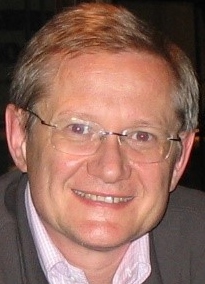
Aleksandar Sedmak, the professor at the Faculty of Mechanical Engineering, University of Belgrade, Serbia , since. 2001. Visiting professor at Drexel Univeristy, USA, 1999-2002. Assistant Minister for Science and Technology Development in Serbian government 2003-2006. Vice-rector for international cooperation, University of Belgrade, 2006-2009. Director of Innovation Center of the Faculty of Mechanical Engineering in Belgrade since 2006. He has been teaching since 1979 at the Faculty of Mechanical Engineering, University of Belgrade, mainly Engineering Materials, Welding, Numerical Methods, Fracture Mechanics, Structural Integrity. Advisor for more than 50 D.Sc. thesis, He published 132 papers in WoS journals, with 1507 citations, h=18, and more than 200 papers at prestigious international conferences, number of textbooks and monographs. He was coordinator for more than 10 national projects and 12 international projects in the scope of EUREKA, bilateral, H2020, FP7, COSME and Interreg programs. He is the President of Serbian Structural Integrity and Life Society and Editor-in-chief of Structural Integrity and Life Journal (Scopus, eSCI), the Vice-president of European Structural Integrity Society (ESIS), member of editor boards and reviewer of a number of prominent world journals in Fracture Mechanics, and the Chairman of European Conference on Fracture (ECF22), Belgrade, 2018. He has been the guest editor of special issues of Engineering Failure Analysis, Engineering Fracture Mechanics, Theoretical and Applied Fracture Mechanics and International Journal of Fatigue. Prof. Sedmak is longstanding member of prominent societies, such as ESIS, AWS and ASME, also honorary professor at Brasov University, Romania, since 2016 and foreign member of Hungarian Academy of Engineering Sciences since 2017, also member of Serbian Academy of Engineering Sciences since 2012. He delivered many invited lectures and seminars worldwide, (Duke University, Durham, Drexel University, Filadelfija, USA, Technical Fakulty University of Maribor, Technical University inTripoli, Libya, Brasov Univeristy, Romania, Miscolc University Hungary).
7. Prof. Luca Susmel, University of Sheffield, UK ![]()
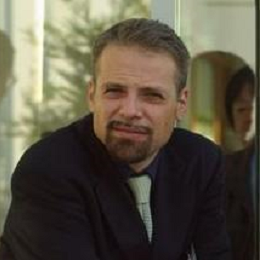
Professor Luca Susmel, joined the University of Sheffield in July 2011 as Professor of Structural Integrity. Since 1998 Luca has focussed his attention mainly on problems related to the static and fatigue assessment of engineering materials and components. By working both in Italy (University of Padova, University of Ferrara, University of Udine), in Ireland (Trinity College, Dublin), and in the UK (University of Sheffield) he has devised several novel engineering methods suitable for designing notched and welded components against fatigue as well as against static failures. Luca’s modus operandi involves taking a conjoint theoretical and experimental approach to cracking problems and all the design methods he has formalised so far have been fully validated through systematic experimental work. Luca has a unique expertise in designing notched and welded components against constant and variable amplitude uniaxial/multiaxial fatigue. The work done in the above research areas has led to more than 130 scientific papers in the period 1999-2013 (of which 66 publications, according to Scopus, are in international peer-reviewed scientific journals) as well as to a book devoted to the multiaxial fatigue assessment. His scientific papers have attracted significant interest from the international scientific community, evidenced by an h-index of 16 with more than 700 citations in total according to Scopus. He is a member of the Editorial Boards of “International Journal of Fatigue” and “Fatigue & Fracture of Engineering Materials & Structures”. Luca is also the Associate Editor of “Frattura ed Integrita Strutturale: The International Journal of the Italian Group of Fracture” (ISSN 1971-8993). Luca has recently been appointed editor-in-chief of “Theoretical and Applied Fracture Mechanics”, Elsevier.
8. Prof. Jaroslav Polak, Institute of Physics of Materials, Brno, Czech Republic
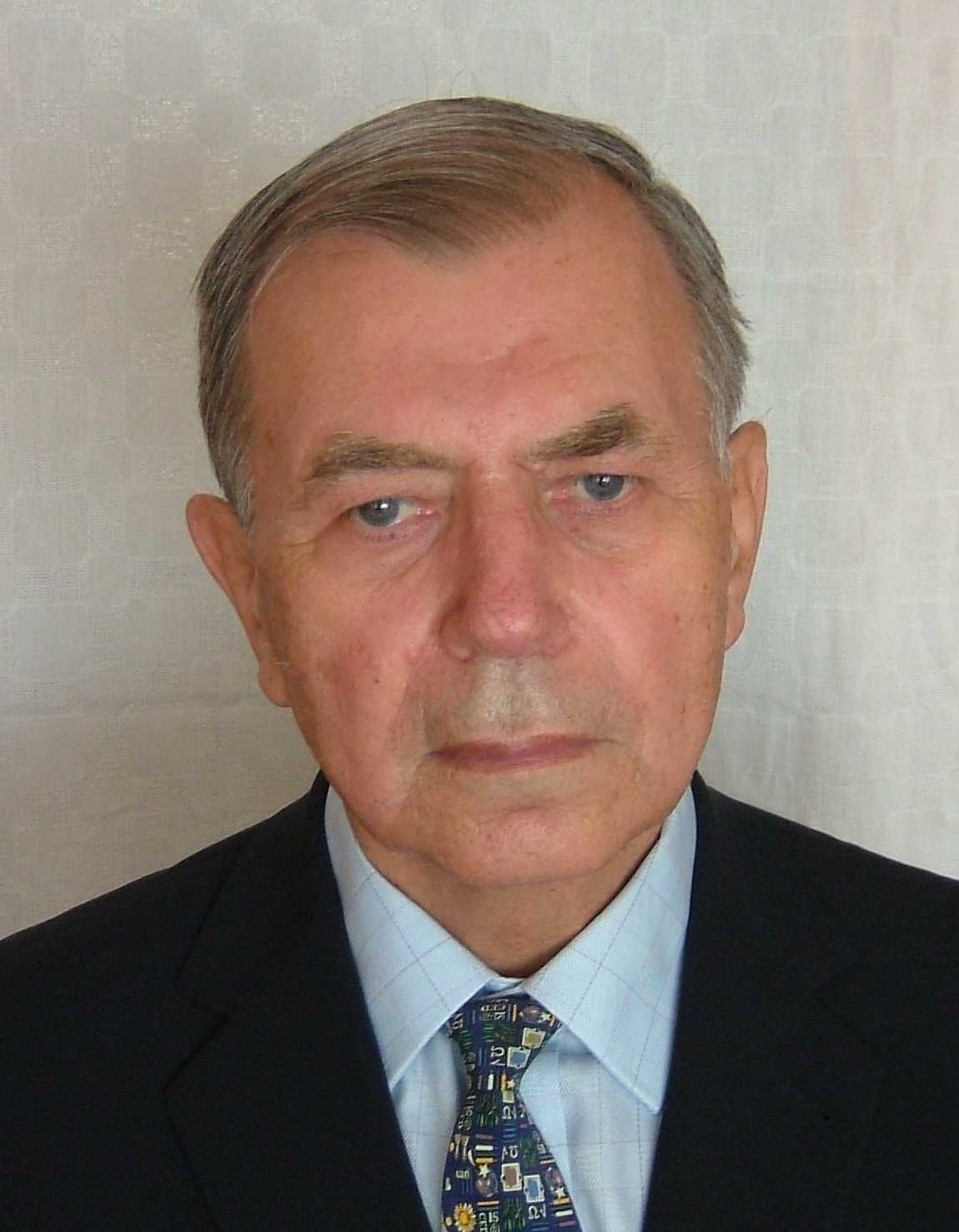
Prof. RNDr. Jaroslav Polák, DrSc., dr.h.c. Professor and senior researcher in the Institute of Physics of Materials, Academy of Sciences, and in Central European Institute of Technology in Brno, Czech Republic Prof. Jaroslav Polák studied in 1961 Solid state physics in Masaryk University in Brno. After study stay in the Institute of Solid State Physics in Prague he joined the present Institute of Physics of Materials (IPM) of the Academy of Sciences in Brno. His early interests were point defects in metals after quenching, plastic deformation and fatigue. After the doctorate in 1965 he paid his attention to fatigue of materials, namely basic fatigue mechanisms. In 1970-71 he was postdoctorate fellow in the National Research Council of Canada with dr. Z. S. Basinski. He continued his work in Low cycle fatigue group in IPM, later as a head of the group. In 1990 he was invited by Prof. Murakami for two months stay as a fellow of Japan Society for Promotion of Science. In the period 1991 - 2002 he served as “professeur invité” in Ecole Centrale de Lille. He was awarded honorary title dr. h. c. from Ecole Centrale de Lille. He published more than 450 original contributions in international journals and conference proceedings, is co-author and editor of several volumes. In 1991 he published with Elsevier a monograph „Cyclic Plasticity and Low Cycle Fatigue Life of Metals” and contributed by two review papers to the 4 th Volume of “Comprehensive Structural Integrity”. His H index is 32. He studies basic fatigue mechanisms, namely fatigue crack initiation, short crack growth, cyclic plastic response and fatigue damage, recently in stainless steels and nickel-based superalloys. He organized the XVI. Colloquium on Mechanical Fatigue in Metals in Brno.
Few pictures from Wroclaw City! Wroclaw welcome you!